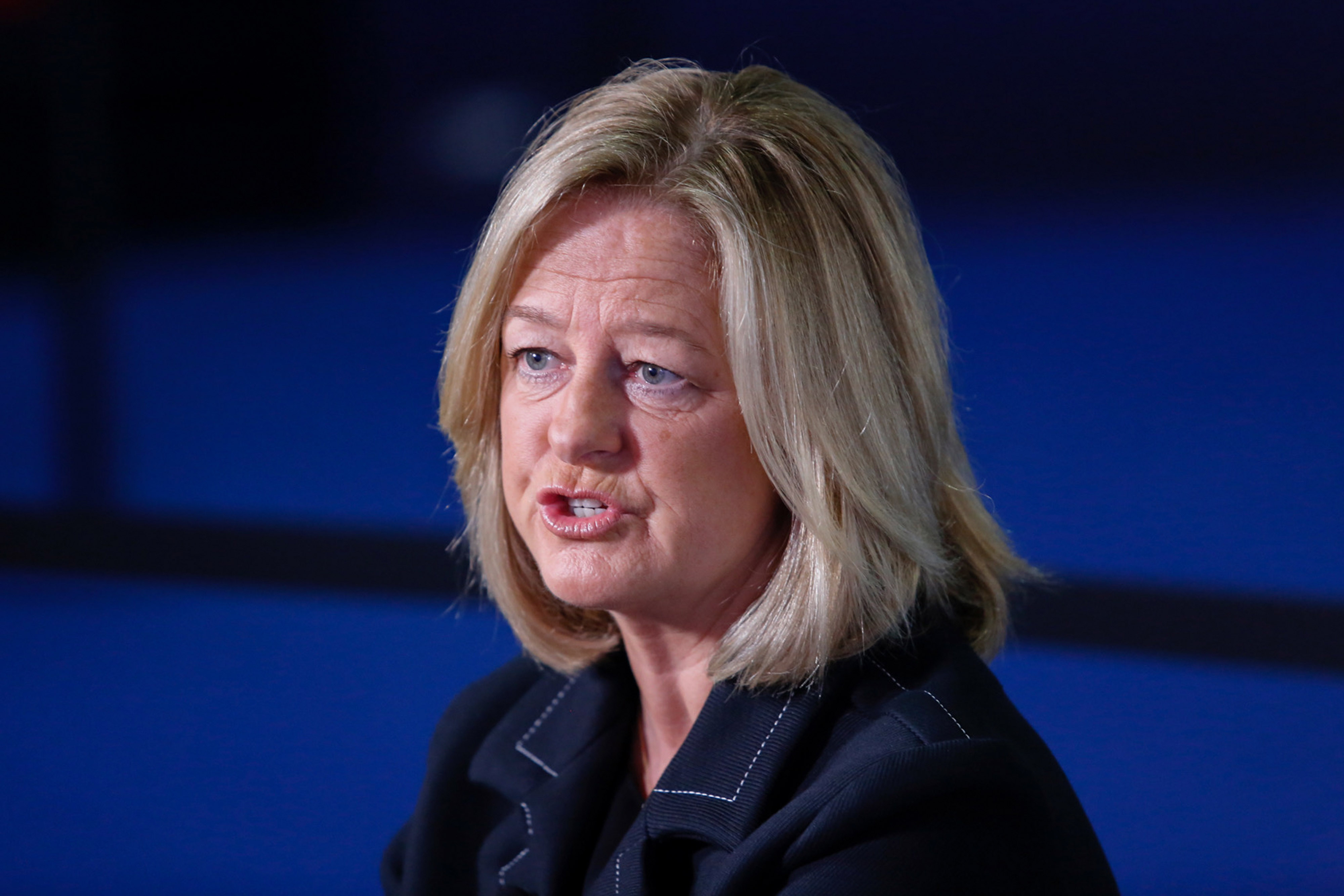BT workers claim rejected pay rise offer 'would have left them worse off'
BT's revised offer of £1,500 does not account for the recent cost of living crisis, striking workers argue


BT Group has announced that it has increased its original pay rise offer for all frontline staff by hundreds of pounds, although workers still plan to go ahead with a formal strike.
The Group announced on Thursday that it would offer frontline workers across BT, EE, Openreach, and Plusnet a consolidated pay rise of £1,500 as a gesture of thanks for their hard work during the course of the pandemic.
RELATED RESOURCE

How to do hybrid work right
Overcoming challenges in the transition to hybrid work
FREE DOWNLOAD
BT Group said this offer represents between a 3-8% pay increase for workers, depending on current salary, and is the biggest pay rise it has offered workers in 20 years. It is also £300 more than an original offer proposed in March.
The Communications Workers Union (CWU), which represents around 40,000 of the company’s 100,000 employees, said it has now rejected both offers from BT Group.
“We have no choice now but to immediately prepare for a statutory industrial action ballot,” it said in a tweet. “We will be sending further communications to members via email and social media later today.”
The rejection of the increased £1,500 offer comes after the CWU said on 29 March that BT Group offered a flat pay rise of £1,200 - an offer it labelled “insulting” at the time.
The CWU has been pushing BT Group for a 10% pay rise for all its members, the workers who “put their lives on the line during the pandemic and significantly contributed to BT’s profits”.
Sign up today and you will receive a free copy of our Future Focus 2025 report - the leading guidance on AI, cybersecurity and other IT challenges as per 700+ senior executives
Workers argue that even with the pay rise offer, rising inflation and living costs will still leave frontline staff poorer than they were before the recent cost of living crisis took hold in the UK.
“While we have continued to extend and strengthen our networks to support the country’s recovery, the pandemic has hit our financial performance, like that of most companies,” said Philip Jansen, chief executive at BT Group.
“We know that the cost of living continues to rise and by making this award, we’re ensuring that our lower-paid workers will benefit most and as soon as possible. I’m pleased that we’ve been able to make this pay award – the biggest in 20 years - to thank our colleagues and recognise their hard work.”
Last year, the CWU and BT Group narrowly avoided major industrial action after workers expressed concern over the threat of job losses through BT Group’s mass closure of sites, and contractual disagreements around changes to pay and pensions.
Months of negotiations ensued that ultimately ended in both sides reaching a compromise and BT Group committing to regular pay increases, limiting redundancies wherever possible, and restructuring The Better Workplace Programme, which the CWU said would prevent BT Group from making “knee-jerk decisions without our agreement”.
The Prospect union represents manager-level staff in the BT Group and the company said it will begin talks with these employees soon. Prospect raised concern in September 2020 of looming pandemic-related redundancies leading to “widespread anxiety” amongst staff.
BT Group proposed a number of disruptive changes at the time that were described by the CWU as “aggressive and provocative”.
These changes included tearing up contractual redundancy agreements, closure of the BT Pension Scheme, and a revised location strategy that could have seen workers relocated.

Connor Jones has been at the forefront of global cyber security news coverage for the past few years, breaking developments on major stories such as LockBit’s ransomware attack on Royal Mail International, and many others. He has also made sporadic appearances on the ITPro Podcast discussing topics from home desk setups all the way to hacking systems using prosthetic limbs. He has a master’s degree in Magazine Journalism from the University of Sheffield, and has previously written for the likes of Red Bull Esports and UNILAD tech during his career that started in 2015.
-
 The modern workplace: Standardizing collaboration for the enterprise IT leader
The modern workplace: Standardizing collaboration for the enterprise IT leaderHow Barco ClickShare Hub is redefining the meeting room
-
 Interim CISA chief uploaded sensitive documents to a public version of ChatGPT
Interim CISA chief uploaded sensitive documents to a public version of ChatGPTNews The incident at CISA raises yet more concerns about the rise of ‘shadow AI’ and data protection risks
-
 Optimise CX and accelerate business growth through your voice network
Optimise CX and accelerate business growth through your voice networkwhitepaper Protecting the human experience in a digital world
-
 IDC InfoBrief: Sustainability doesn’t need to be all stick and no carrot
IDC InfoBrief: Sustainability doesn’t need to be all stick and no carrotwhitepaper CIOs are facing two conflicting strategic imperatives
-
 ‘The pace of change is taking its toll’: Business leaders are becoming burned out by rapid technological changes
‘The pace of change is taking its toll’: Business leaders are becoming burned out by rapid technological changesNews Tech leaders are contending with mounting stress levels amidst a sharpened focus on adopting new technologies and ramping up transformation efforts
-
 Unlocking the power of your digital services
Unlocking the power of your digital servicesSponsored Businesses have invested significant cash into technology since COVID-19, but are they really getting their money's worth?
-
 The forgotten workforce needs a new communications strategy
The forgotten workforce needs a new communications strategySponsored Reliable communications technologies are key to building an efficient remote workforce
-
 The future of work and the forgotten workforce
The future of work and the forgotten workforcewhitepaper How to deploy a mobile-first strategy so no one gets left behind
-
 Building an outstanding digital experience
Building an outstanding digital experiencewhitepaper Insight into how banks and financial services organizations can deliver the digital experiences customers and employees expect
-
 Inbound BT CEO Allison Kirkby faces challenge of leading telco through cuts in 2024
Inbound BT CEO Allison Kirkby faces challenge of leading telco through cuts in 2024News Kirkby brings years of experience heading some of the biggest telcos in the EU